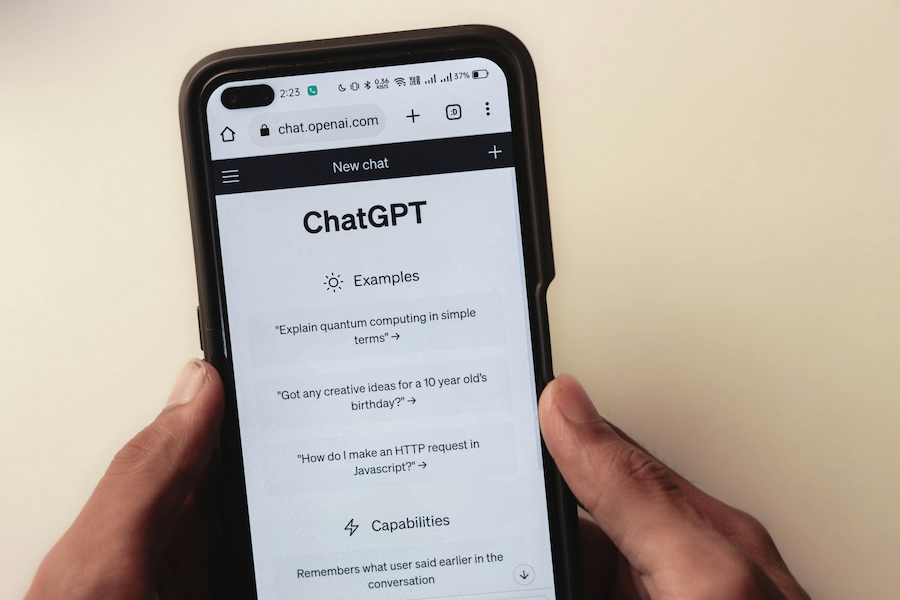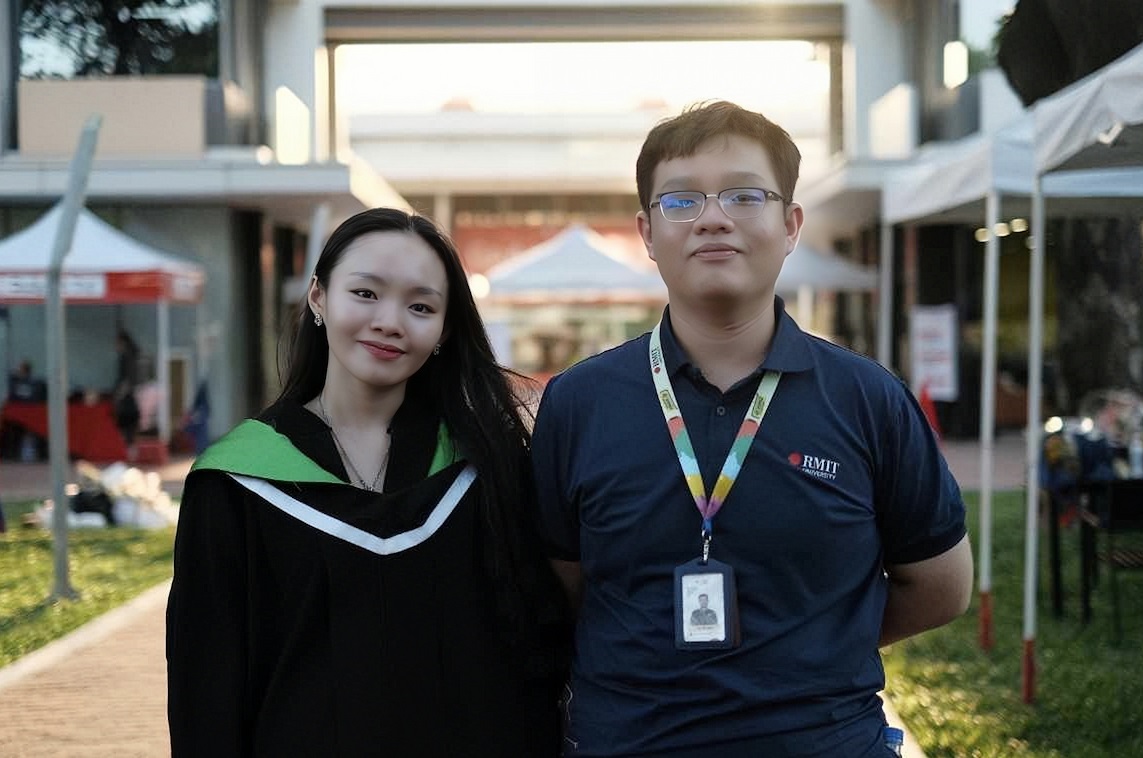The study is the result of international cooperation, involving researchers from RMIT University Vietnam, Oxford University Clinical Research Unit (Vietnam), Chinese University of Hong Kong, National University of Singapore, and University of Melbourne. What makes this research particularly noteworthy is the inclusion of two then undergraduate students from RMIT Vietnam as co-authors.
The students received essential technical support and computational resources from the RMIT RACE Hub. The RMIT RACE Hub also enhanced the students’ learning experience by giving them exposure to cutting-edge research equipment.
Nguyen Quynh Giang, a recent graduate in Information Technology said: "Working on this research opened my eyes to the real-world implications of AI in healthcare. Ideally, AI will help provide equal access to healthcare and health information, but there are some barriers until we get to that stage.”
Bui Minh Nhat, who completed a bachelor’s degree in Software Engineering at RMIT Vietnam and is studying for a Master of Artificial Intelligence at RMIT in Melbourne, reflected on the practical impact of their work: "Our research showed that something as simple as asking about heart condition symptoms in Vietnamese could result in receiving information about an unrelated disease like Parkinson’s. This highlights the urgent need to develop AI systems that are inclusive and beneficial for all languages and cultures."
The research team emphasised that addressing this issue requires multisectoral initiatives from policymakers, research funding agencies, big tech companies, the research community, healthcare practitioners, and linguistically under-represented communities.
Funding agencies are pivotal in expanding support for AI language inclusivity. An example of this effort is the Bill & Melinda Gates Foundation's Grand Challenges 2023, which funded global development projects that will contribute to AI equitable access.
Big technology corporations also play a big role. Meta's No Language Left Behind project, for instance, aims to enhance AI translation for a diverse range of languages.
The study also states that the research community should lead initiatives in open-source linguistic data, models and tools that are essential for LLM training and research.
Dr Tang said, “At RMIT, we are deeply involved in various projects that apply LLMs in healthcare settings. Our efforts are focused not only on overcoming the technological challenges but also on enhancing the inclusivity of this technology for the Vietnamese language. This ensures that all Vietnamese people have the opportunity to benefit from recent technological advancements.”






